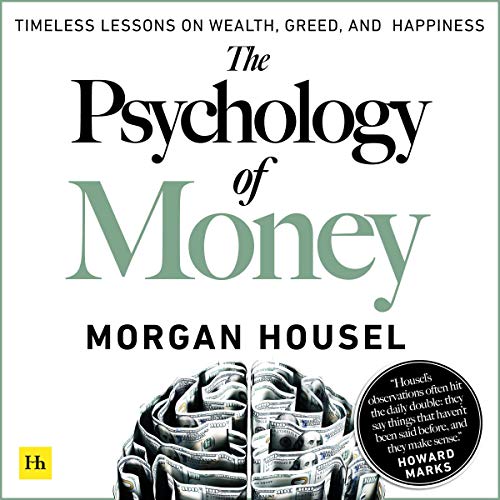“The Psychology of Money” by Morgan Housel is a book that explores the complex and often counterintuitive relationship between humans and money.
Table of Contents
Key learnings from the book – “The Psychology of Money” are:
1. Money is a story we tell ourselves
The way we think about money is largely shaped by our personal experiences and the narratives we’ve been told about money throughout our lives.
2. Good financial outcomes often have more to do with behavior than knowledge.
Even if you know all the right things to do with your money, it’s easy to fall into common behavioral traps that can sabotage your financial success.
3. The most important financial skill is the ability to stick to a long-term plan – The Psychology of Money
Successful investing is less about picking the right stocks or funds and more about being disciplined and patient over the long-term.
4. Luck plays a bigger role in our financial outcomes than we like to admit.
While hard work and smart decisions are important, luck often plays a significant role in determining our financial success.
5. Wealth is often a result of income stability and savings rate, not high income.
It’s often the people who make modest incomes but live below their means who end up accumulating the most wealth over time.
Also read: Investing in Treasury Bills
6. Our attitudes about money are shaped by our emotions, which can lead to irrational behavior.
By understanding our emotional biases and triggers, we can make better financial decisions.
7. The ability to delay gratification is a key predictor of financial success.
The willingness to sacrifice short-term pleasure for long-term gain is what separates successful savers and investors from those who struggle to build wealth.
8. Money can buy happiness, but only up to a point – The Psychology of Money
Beyond a certain income threshold, additional income has diminishing returns in terms of happiness and well-being.
9. The best way to build wealth is to focus on the things you can control.
While there are many external factors that can impact our financial outcomes, we have the most control over our own attitudes, behaviors, and habits.
10. Money is a means to an end, not an end in itself.
Ultimately, the purpose of money is to help us achieve our goals and live a fulfilling life, rather than to accumulate wealth for its own sake.


